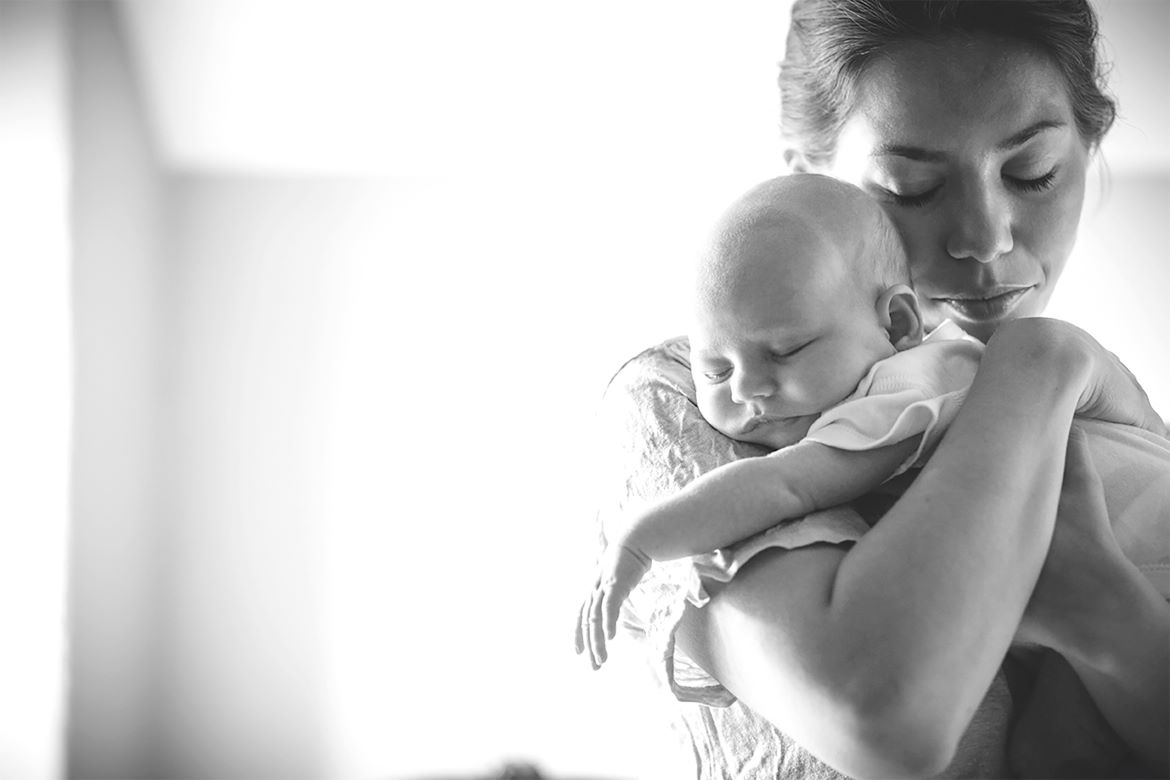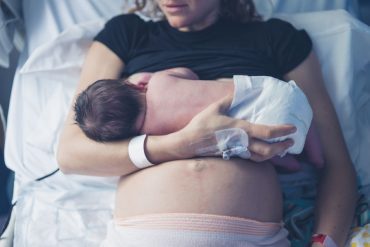By Dr Nicole Highet, Founder and Executive Director of the Centre of Perinatal Excellence (COPE)
For most people, the transition to parenthood can come with some unexpected surprises no one warned them about. Even those whose think they’re prepared, are often taken aback by many of the realities that can come with bringing a tiny baby into the world – and how many aspects of life change forever.
During pregnancy, the focus is often (rightly!) on a mama’s physical health and the often weird, woeful and wonderful changes her body goes through. Often, however, the emotional and mental demands of pregnancy and early parenthood are overlooked at a time of life when women are most likely to face new challenges, and commonly experience emotional and mental health issues.
We know now that men are also at risk of experiencing distress during pregnancy and after welcoming a baby but are often not aware they, too, can feel this way.
And that’s where our Ready to COPE guide comes in. The free, e-newsletter has been designed to prepare and reassure parents for the range of emotional realities and challenges of becoming and being a parent. The guide, which is available for mums and dads, Aboriginal and Torres Strait Islanders, and is currently being adapted into five other languages, takes parents-to-be on the journey from positive test to the end of baby’s first year.
From changes to your relationships and sex life, recovering from birth, body image, challenges with breastfeeding, dealing with loneliness and transitioning back to work, Ready to COPE tackles common issues that impact a parent’s emotional and mental wellbeing, with honesty and humour and provides helpful strategies on how to cope.
The guide, which has been funded by the Commonwealth Government, also plays a pivotal role in ensuring parents have access to quality, timely information about emotional and mental health issues in the perinatal period. This includes antenatal anxiety and depression, PTSD and postnatal psychosis.











